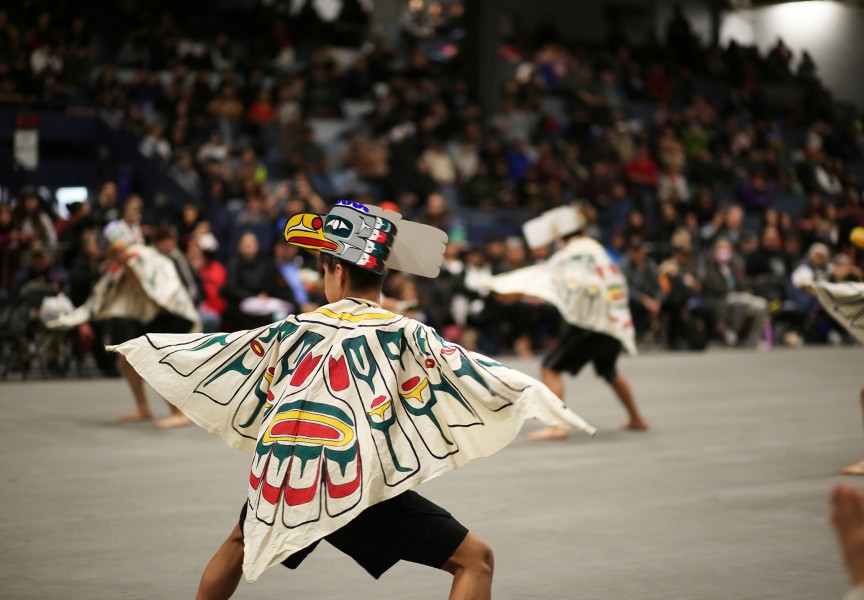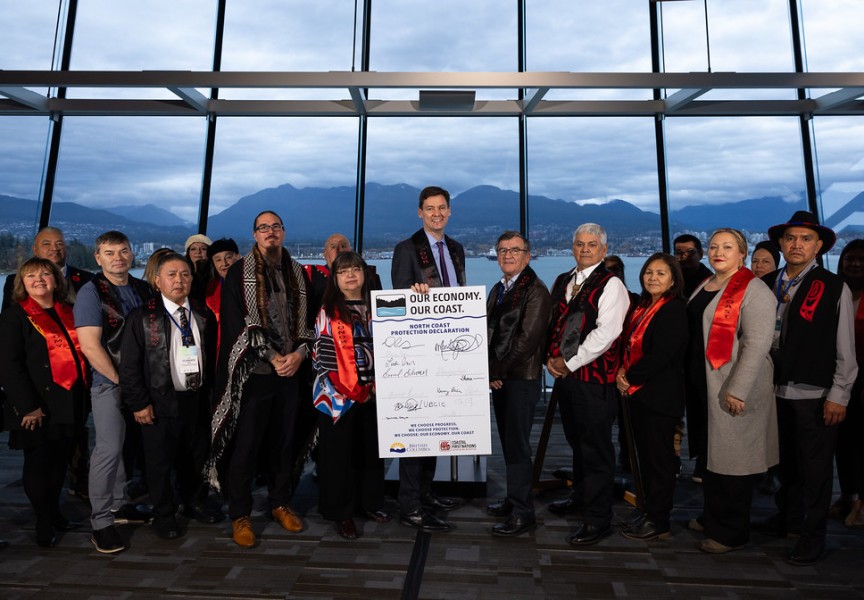A suicide crisis support service which began in Port Alberni back in 1993 has won a $400,000 per year contract from First Nations Health Authority (VIHA) to expand services throughout the province of British Columbia.
According to FNHA, KUU-US services are for First Nations, by First Nations and all crisis response personnel are certified and trained in Indigenous cultural safety and therefore bring an understanding of First Nations history and trauma from the residential schools to their roles.
KUU-US Crisis Services is based out of Port Alberni and offers crisis support to anybody needing it. The service started in 1993 following concerns raised by Nuu-chah-nulth leaders about the lack of resources for people in desperate situations.
Following community meetings that included emergency response workers, counsellors and the public, a 24-hour crisis phone line was established. It was named KUU-US, meaning ‘all people’ in the Nuu-chah-nulth language.
The service started with volunteer crisis phone line workers serving Port Alberni and a toll-free line was added so that people from outlying communities could access the service.
The phone line workers are trained and can handle a wide-range of issues, offering support, referrals and safety monitoring.
Elia Nicholson-Nave has worked with KUU-US Crisis Services since its inception and is now the executive director.
“We offer a unique, specialized crisis line geared to the needs of aboriginal people,” said Nicholson-Nave. Statistics, she added, show that suicide risk in aboriginal communities is higher than average in the general population and more needs to be done.
“We recognize that additional support is needed, especially in remote aboriginal communities where they have limited or no access to crisis services,” said Nicholson-Nave.
Besides supporting a client through a crisis call, a worker will refer them to the appropriate resource. KUU-US Crisis Society (KCS) will then follow-up with the client to ensure their safety.
“We network with counsellors and we develop supports in remote communities, which includes safety planning and follow-up care,” she added.
According to Nicholson-Nave, FNHA has regional wellness coordinators throughout the province.
“We are partnering with them to build awareness of our services, said Nicholson-Nave. The additional funding that comes with the contract means that KCS will be able to hire and train much-needed crisis phone line workers.
But this is welcome news for Nicholson-Nave who has had to rely on fundraisers over the decades to keep the crisis line up and running.
“Imagine how much more we can do with core funding,” she said, adding that FNHA is helping KCS help others.
The new contract means that KCS will visit with all BC First Nations in their communities to set up protocols and service agreements with KCS.
“It’s an incredible opportunity,” said Nicholson-Nave. “Since 1993 we’ve developed a strong network to support people in need and it comes from understanding the needs of aboriginal people; we try to fill the gaps in service,” she continued.
KCS has 15 employees on staff. Last year they received 11,000 crisis line calls.
KCS is looking for caring, empathetic people willing to take 60 hours of training to work the phone lines and help provide service to British Columbia’s 205 first nations communities.
Port Alberni






